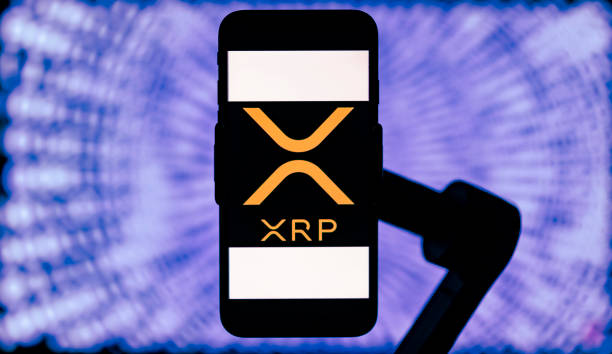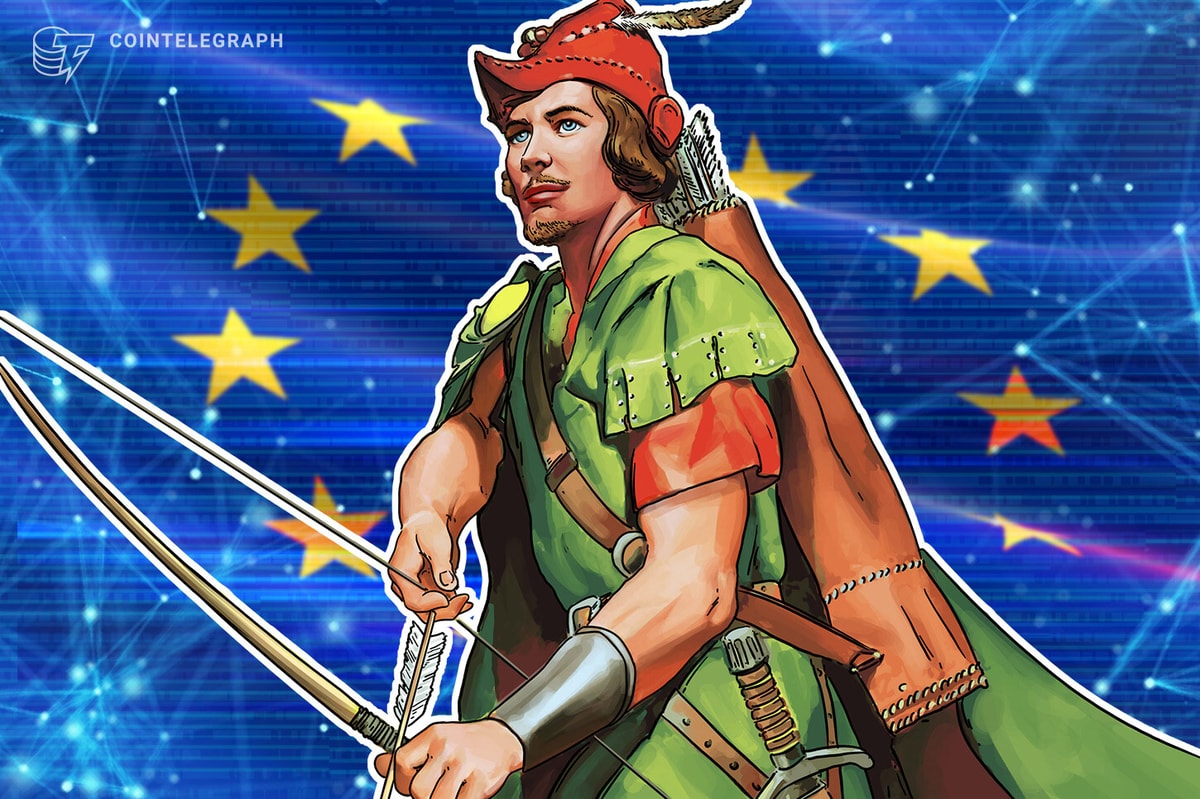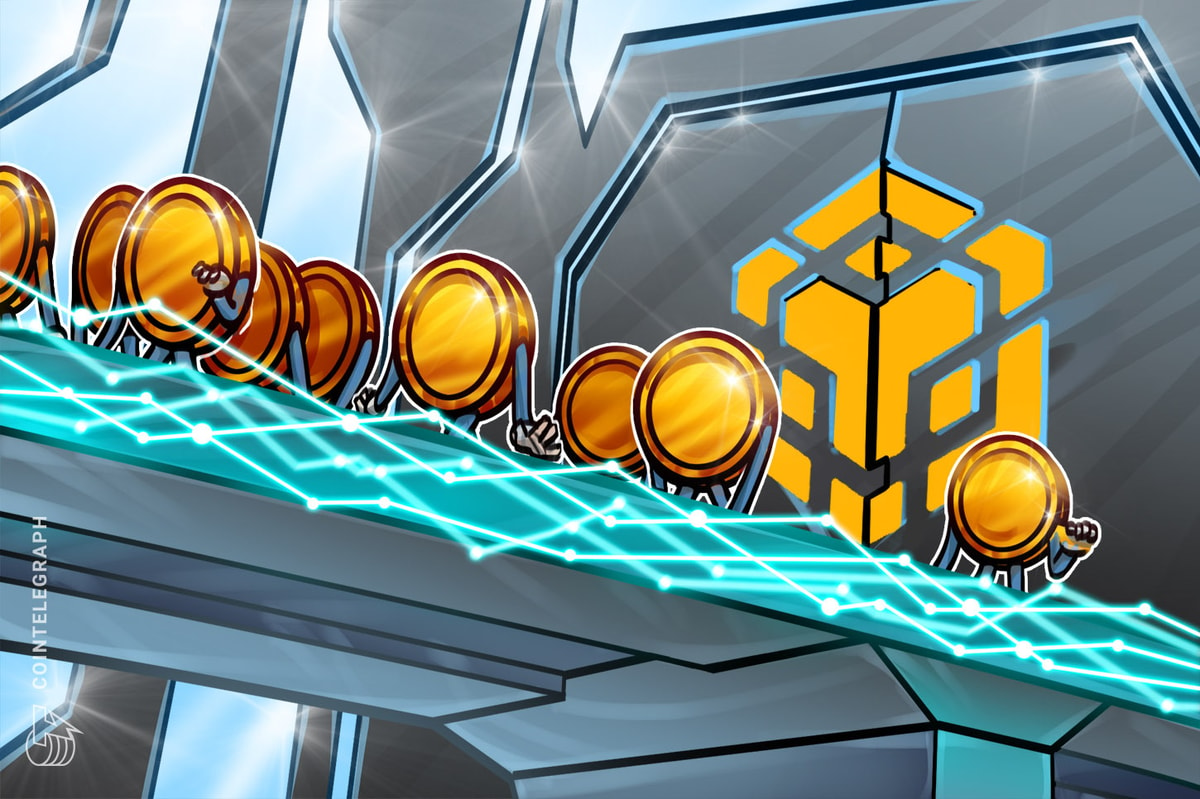The 2023 United Nations Climate Change Conference, also known as COP28, saw several new initiatives aimed at innovating the fight against climate change and streamlining the complex carbon credit markets. Among a sea of announcements and partnerships, Envision Blockchain, in collaboration with HBAR Foundation and Swirlds Labs, announced a new open-source Managed Guardian Service platform focused on a digitized and digital measurement, reporting and verification (dMRV) system for carbon markets.
The dMRV system was developed in collaboration with the UN Climate Change Global Innovation Hub (GIH) and built on the HBAR Hedera Hashgraph . The new platform is aimed at the digital transformation of the carbon markets using decentralized blockchain technology.
The platform offers a suite of features, including artificial intelligence and guided search features for the United Nations Framework Convention on Climate Change’s (UNFCCC) Clean Development Mechanism (CDM) methodology library and other standard registries across the carbon market Industry.
The CDM methodology library consists of hundreds of rulesets required to create a carbon credit, independently developed in an analog process supporting the carbon market. Envision, with the help and guidance of the team at the UNFCC secretariat, digitized 15 of the most used rules and extended the current library of methodologies available for use in HBAR’s Guardian ecosystem.
The further scaling of the library of digitized and open-source methodologies allows registries, project developers and other market stakeholders to use digital technologies to resolve trust and transparency issues.
Cointelegraph spoke with Wes Geisenberger, vice president of sustainability and ESG at HBAR Foundation, to understand the importance and workings of the new dMRV platform and how it could help digitize the complex carbon credit market.
Geisenberger told Cointelegraph that the UN GIH/UNFCCC secretariat’s staff were deeply involved in methodology development while supporting the “toughest challenges in climate negotiations. We greatly appreciate their time and effort in developing this innovative solution.”
Related: South African regulator may license 36 crypto companies in December
Another key feature of the platform is a new project data comparison tool that enables users to contrast data recorded as verifiable credentials (VCs), including Global Blockchain Business Council’s (GBBC) dMRV Specification Version 2-compliant “property fields.”
VCs are digital certificates that include signatures that validate essential project information and are key to ensuring authenticity. The comparison tool offers a detailed project data analysis, addressing double counting issues based on the Paris Agreement and improving transparency and traceability in environmental projects.
This library of digital rules, which operates in the Guardian, is adopted by organizations building applications leveraging this open-source technology supporting digitalized measurement, reporting and verification processes










